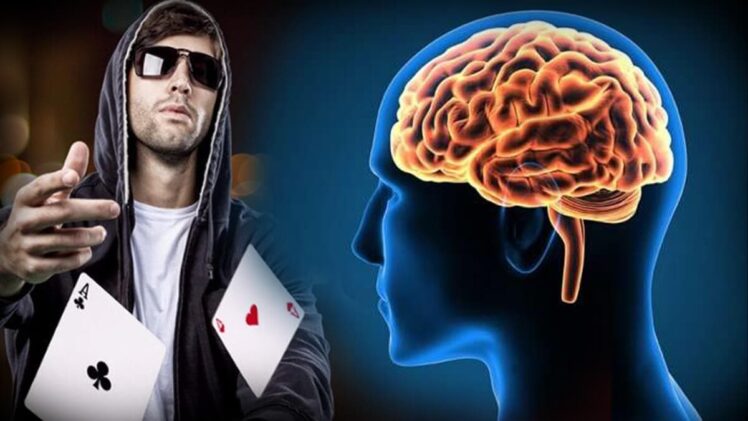The Psychology of Gambling: What Makes People Play?

Gambling has always been a popular pastime, but why is that? What drives people to seek out the thrills and risks associated with gambling? Well take an in-depth look at the psychology behind gambling and explore what makes people play.
From understanding risk-taking behavior to recognizing compulsive patterns of behavior, will learn how our brains respond to rewards and losses. With this knowledge, we can better understand both ourselves and others when it comes to making decisions about gambling.
The Gambler’s Mindset
When it comes to gambling, the gambler’s mindset can often be hard to understand. Some people play for fun or entertainment, while others may see it as an investment opportunity and are driven by a desire to win big. Gambling has been around since ancient times and is still popular today due to its potential for high rewards.
So what drives someone to gamble? It could be anything from a need for excitement, a search for thrills, or simply an attempt at beating the odds. The psychology behind why we gamble is complex; some experts suggest that our decisions are largely influenced by psychological factors such as impulsivity and risk-taking behavior. Additionally, there may also be biological influences such as genetics which can affect how people perceive rewards when gambling – leading them towards higher levels of risk-taking to achieve those rewards.
Ultimately, however, whether you choose to gamble or not will depend on your motivations and goals. Casinos IN can provide a great entertainment experience for those looking to try their luck and enjoy the atmosphere.
Risk Taking Behaviors and the Addiction Cycle

Source: batonrougebehavioral.com
Risk-taking behaviors can be a major factor in the addiction cycle of gambling. When people engage in risky behavior, such as playing games of chance, they are essentially putting their fate into the hands of luck and probability. This sense of risk-taking can lead to an adrenaline rush that many find addictive.
However, this adrenaline rush can become dangerous when it leads to excessive levels of gambling without any regard for potential losses or consequences. Gambling addicts often rely on their own “lucky” strategies rather than using sound judgment grounded in facts and research about the odds associated with different games. Without proper awareness and education about these risks, gamblers may end up losing more money than they win or even running into debt from attempting to recoup losses through further betting activities.
It is important for those exhibiting risk-taking behaviors related to gambling to understand how easy it is for them to become addicted—and how difficult it is once they have gone down that path—so they can make informed decisions before getting involved with potentially hazardous activities like gambling.
Psychological Factors that Drive Gambling Behavior
Gambling behavior is driven by a wide range of psychological factors. These can include the feeling of excitement and anticipation, the thrill of winning money or prizes, and a sense of control over one’s destiny. People may also be influenced by social norms, such as peer pressure to gamble with friends or family members.
Additionally, some people may have difficulty recognizing their losses due to cognitive biases like confirmation bias or hindsight bias. Moreover, certain personality traits—such as impulsivity and risk-taking—can make gambling more appealing for some individuals than others. Finally, gamblers can become addicted if they experience positive reinforcement from their wins which creates an association in the brain between gambling and pleasure. Understanding these psychological factors can help inform strategies that aim to reduce problem gambling behavior among vulnerable populations.

Source: medicalnewstoday.com





